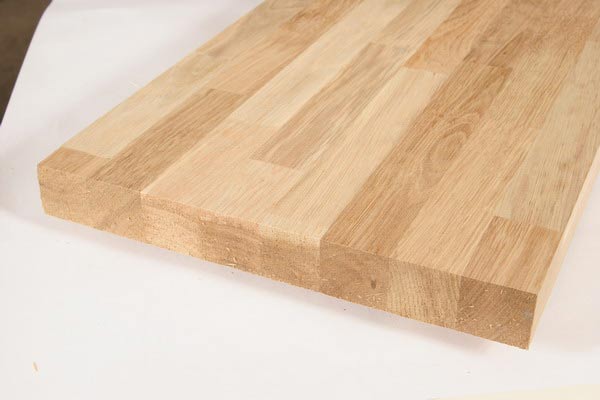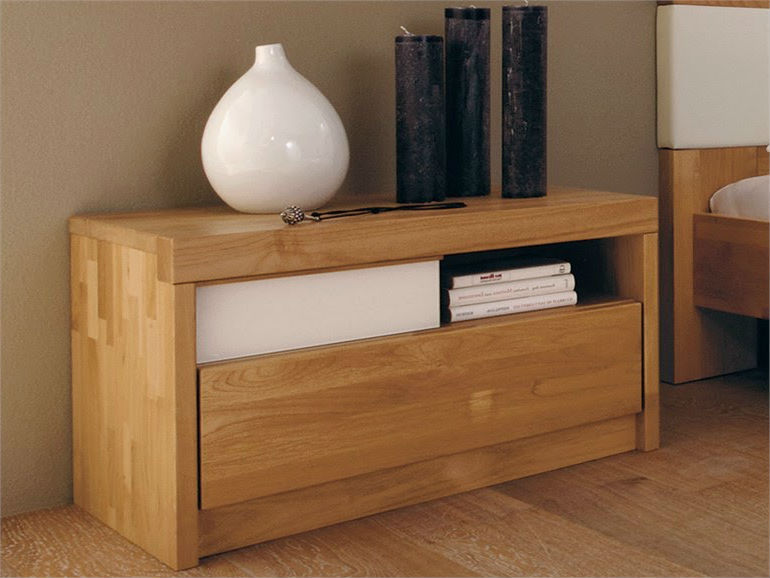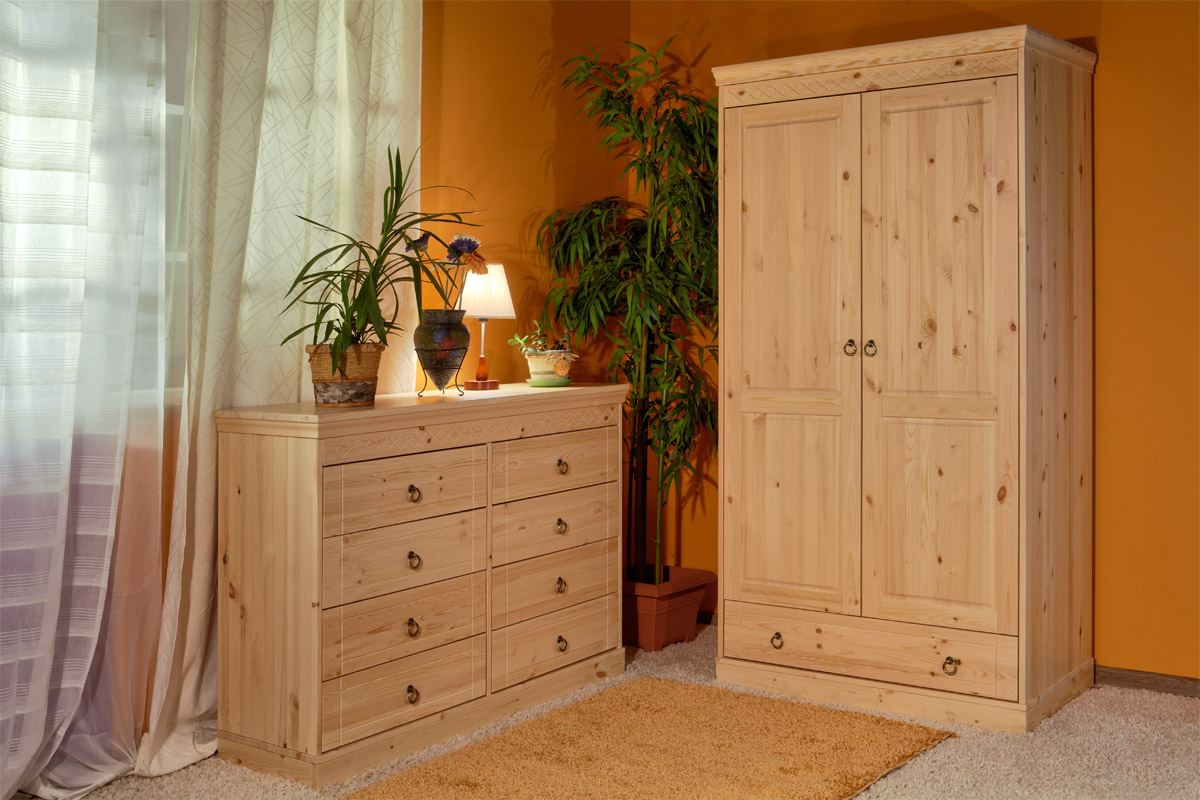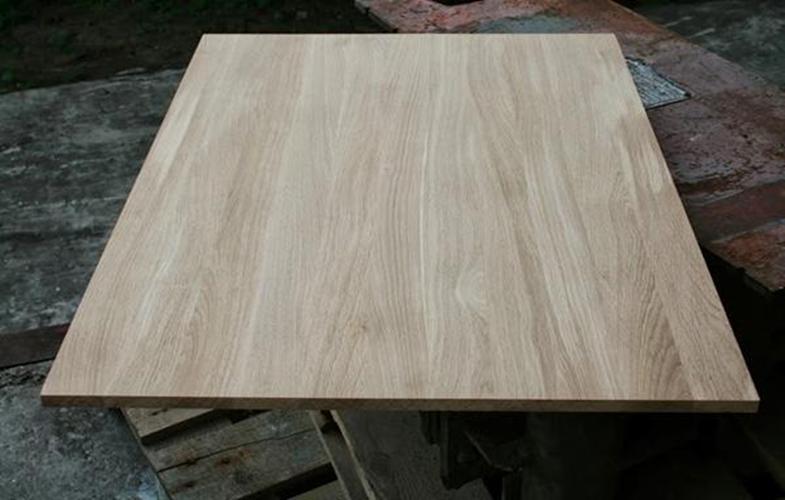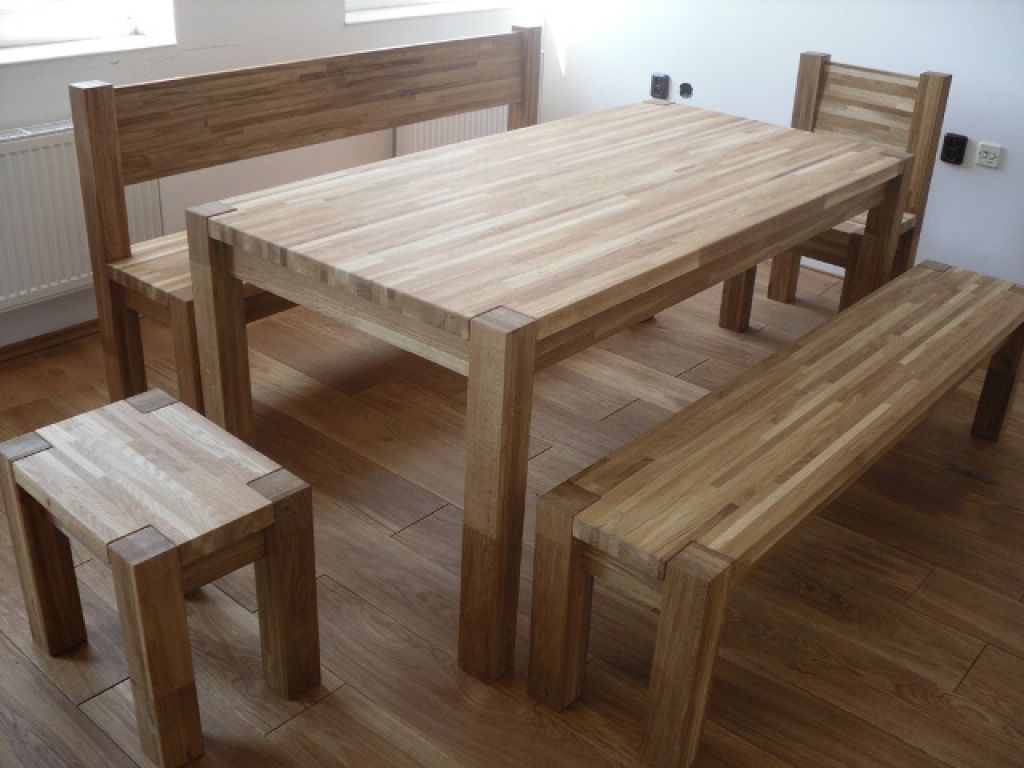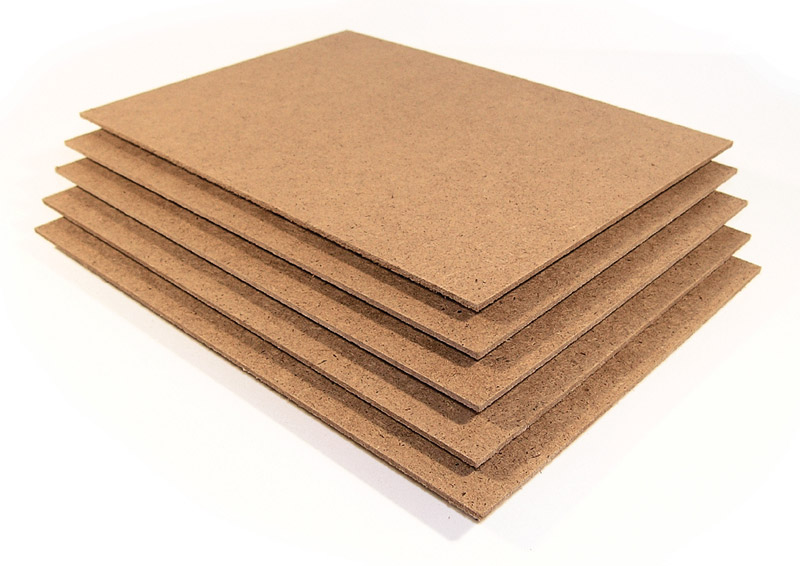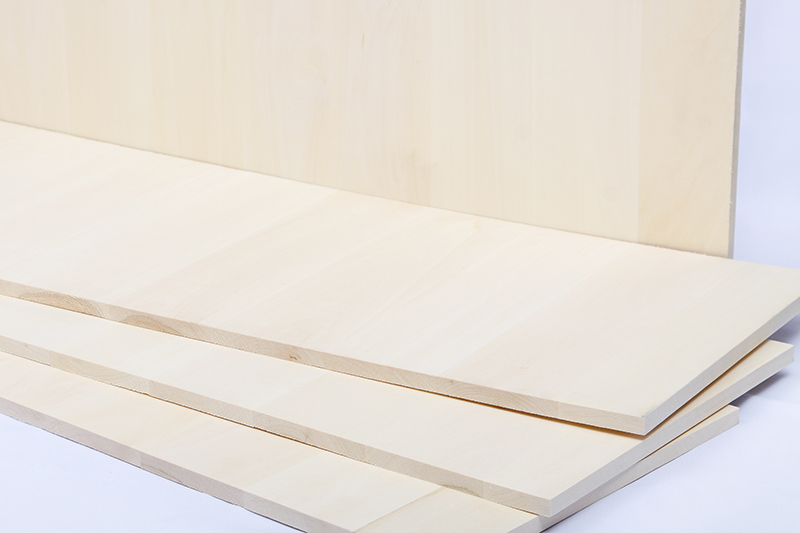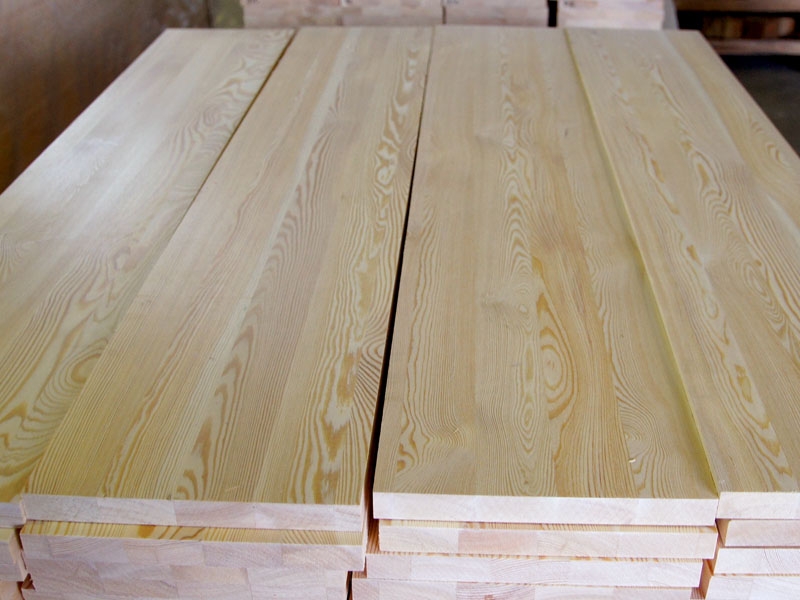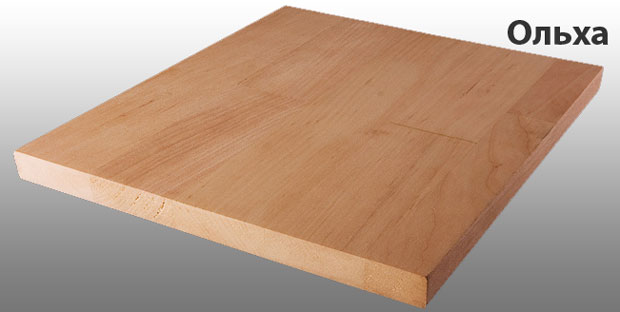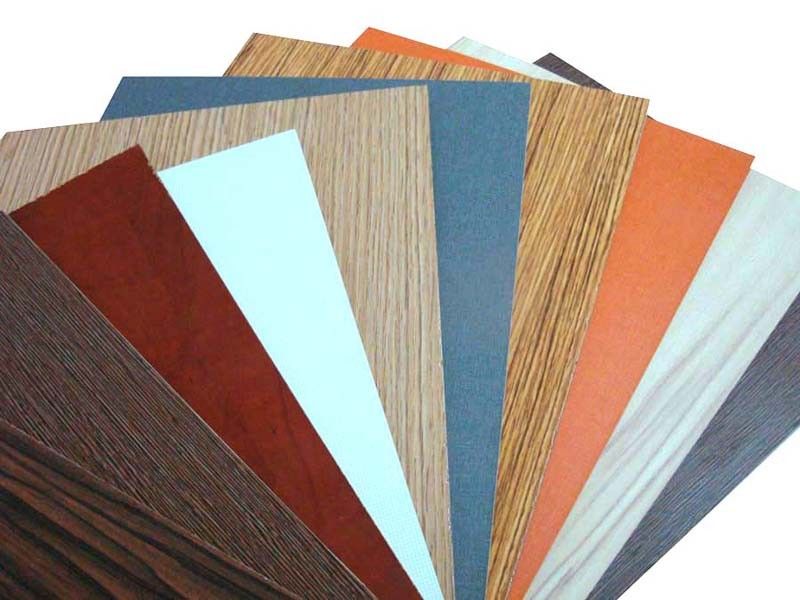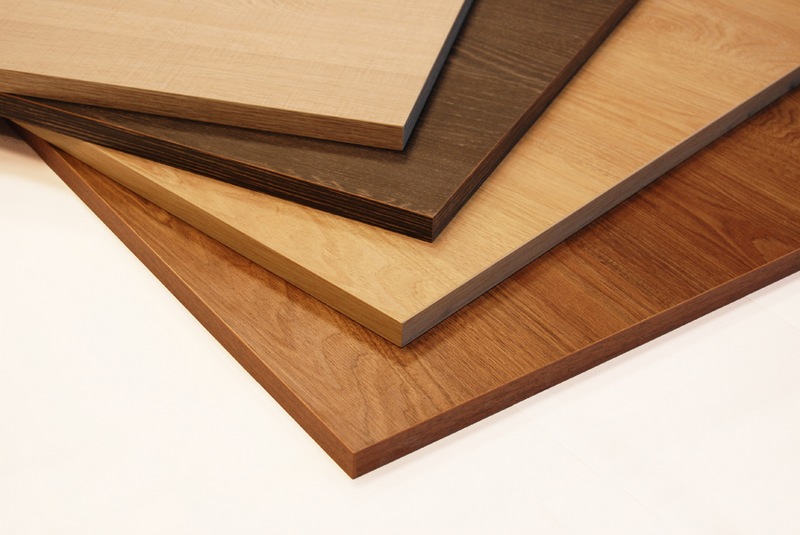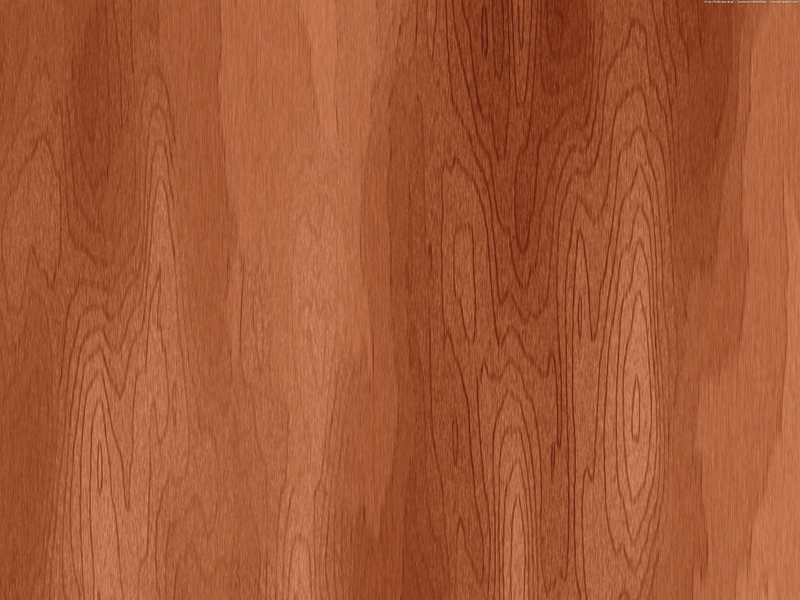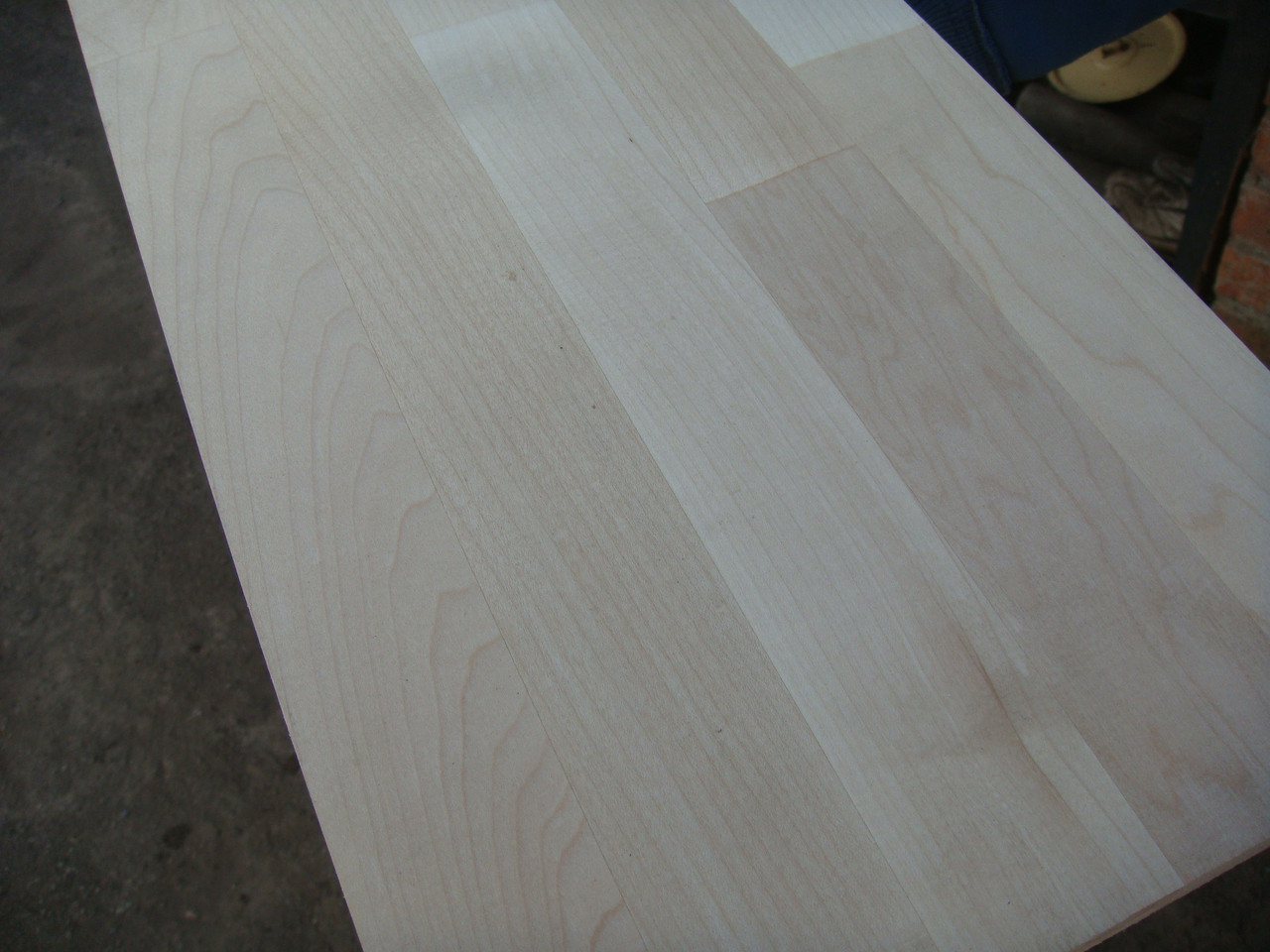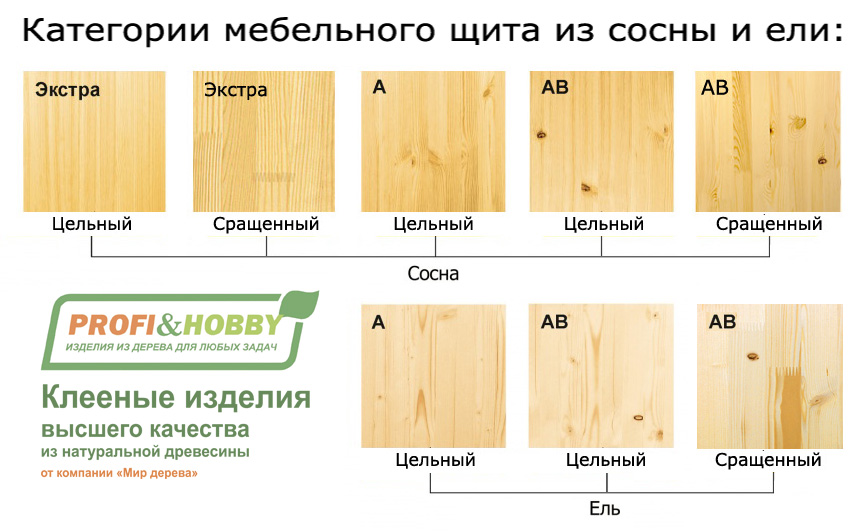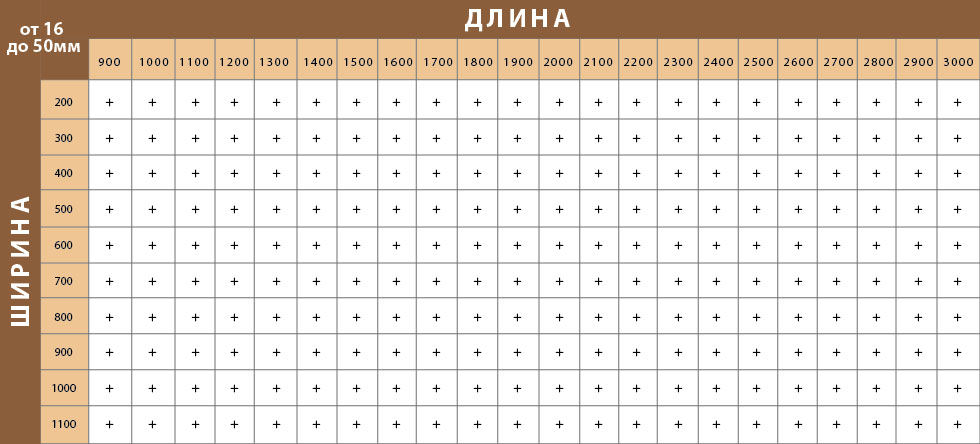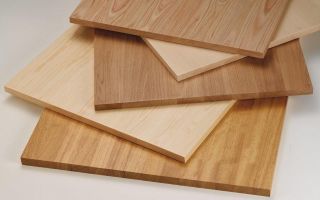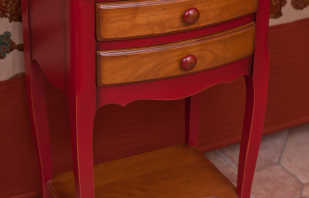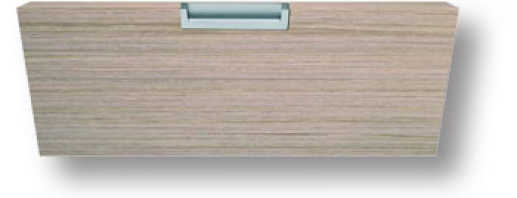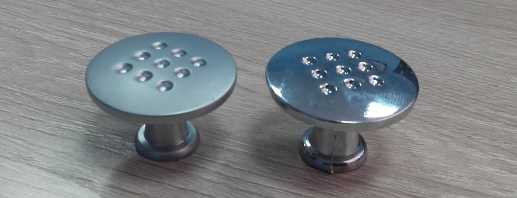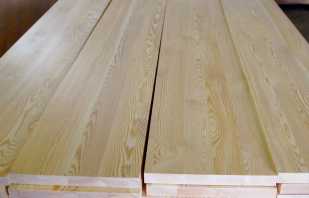What are the furniture panels, selection tips
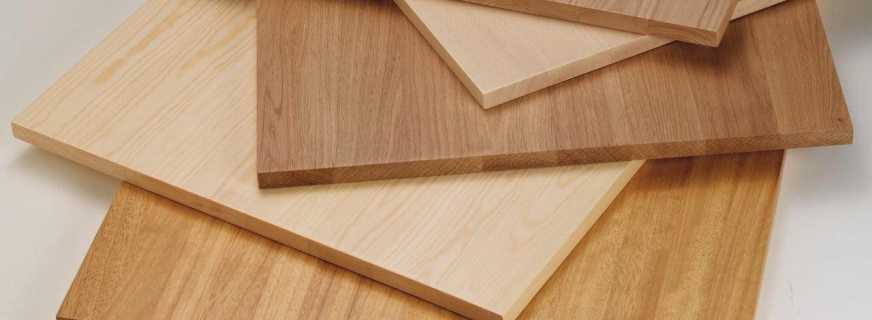
Most people mistakenly assume that the furniture board is made from waste wood products or pressed wood. They belong to the category of wear-resistant, high-quality furniture components, the texture of which can be of different shades. Their cost is not so great, given the fact that we are talking about natural material. Thanks to this, wooden shields are extremely resistant to natural as well as atmospheric changes. Used for the manufacture of facades, doors, as well as stairs. Possess high esthetic indicators.
Content
Features
Its production is based on the process of gluing lamellas from wood, which subsequently go through several stages of surface grinding. Furniture from furniture panels belongs to the category of deep processing products. There are only a few types of furniture panels:
- spliced - in its production lamellas are used that are glued together;
- solid - for its manufacture a solid wood array is used.
Using the latest technologies allowed us to obtain the most durable, high-quality veneered MDF material that is assembled with glue. The final product in density is not inferior even to a solid wood massif. It is also worth considering that such a technology significantly reduces production costs, and as a result, the cost of the product itself.
For its production, the use of:
- oak;
- birch trees;
- pine trees;
- ash;
- beech;
- maple tree.
A rich assortment will allow you to choose the material that will fit as much as possible into an existing interior. Oak products have maximum strength indicators. Compared to veneer structures, a solid wood furniture panel has a number of specific features. It is an environmentally friendly material, compared with the same particleboard or MDF. Furniture made from this material is considered more durable, as well as high quality, the service life of which is very long. Elements of a wooden furniture board are extremely resistant to moisture, while the surface structure is completely preserved.
The main advantages of these products:
- furniture of really huge sizes can be made only from this material;
- glued furniture board will not lead over time. Each detail will be compensated by a different part;
- the cost of such a material is much lower, since there is a fairly deep processing of the raw materials used. In addition, a similar production technology allows enterprises to purchase ready-made furniture pieces.
Varieties
For the production of furniture panels, various materials can be applied, on which the characteristics of these products directly depend.
Oak
This material is one of the most noble.Elements of furniture The whole-panel board consists of individual components, which are subsequently glued together, forming an integral structure. Based on the method of technological processing, a fused furniture panel is distinguished, as well as one-piece.
Applications are as follows:
- the manufacture of steps;
- cabinet furniture;
- as panels for finishes;
- window sills.
Fiberboard
To obtain wooden boards from fiberboard, various species and some of its waste are used as the main raw material. In the manufacturing process, small fragments of the raw material are ground, and then compressed using a hot press. At the same time, various components are added, which are aimed at improving the strength, as well as other basic qualities of the material, these include:
- antiseptics;
- paraffin;
- formaldehyde resins.
Taking into account the application, one or two sides can be made smooth. This is possible due to the use of a dry or wet method of processing them.
When used in the manufacture of natural wood, furniture panels become better, while remaining environmentally friendly. Such raw materials are classified as higher quality materials.
Larch, alder and linden
The advantages of larch can be safely attributed to the incredible resistance to various fungal, parasites and rot. At the same time, these qualities will be present regardless of the method and term of operation. It, like the linden furniture board, is used for the elevation of facades and residential premises. Do not forget about the wonderful aroma that exudes this kind of wood. It is possible to find wenge-colored products. All this makes the material very popular, as well as the furniture panel alder, which is also in great demand in the carpentry, construction business.
You can use more than 20 different color variations of these materials. It is recommended for use when creating environmentally friendly, safe interiors. Such material has a very light weight, while it has excellent indicators of density, strength. Shields made of linden are characterized by special resistance to possible splitting, as well as the formation of cracks.
Particleboard and MDF
Slabs, made of Chipboard, are selected for building already long. how the main raw materials perform various sawdust, waste woodworking and logging industry. Received raw materials impregnated resins, performing the function sticky the basics. After why weight is exposed procedure pressing. Glued together the details may to be used for production any component or component of furniture, to an example, colors wenge, as one of most sought after color of decisions. it gives opportunity to many to people use qualitative, inexpensive, a the main thing natural material for production of furniture and at ennoblement of interior.
Products made from MDF are used to refine the interior and in the manufacture of furniture. Such wooden boards are in great demand in comparison with the same components from chipboard and fiberboard. The material has a high level of resistance to various mechanical damage.
Classification
Due to the change in various kinds of properties of the base material, wooden boards are now used in many industries. Depending on the gluing method and the type of wood used, the resulting furniture board from maple or other material can be used for external or internal finishing work. The veneered panel used has a very insignificant thickness of 4-8 cm due to the strong internal stress of the material, which can be substantially deformed during drying. It glues exclusively in width.
Thus, manufacturers managed to get a really high-quality material, which over time will not begin to warp and which does not contain internal stress. Furniture panels of needles or other natural material are classified according to different fields of application.
In order to avoid drying out of the main layer, different technologies are used at each stage of production, while the material is impregnated with several impregnations, which increase its basic indicators of strength and endurance several times.
Having understood what a furniture board is, you can start combining it with other materials. Often, in the manufacture of a massive glued board, plastic, marble or granite is additionally used. The shade of wenge is especially popular.
Color
The technology used in the manufacture of furniture panels allows you to create material of any shade, including wenge, which has been in great demand recently. For the production of lamellas, you can use wood of any breed. For the manufacture of furniture it is enough to glue together the finished elements.
Most often, such breeds are used for harvesting raw materials:
- alder - has over thirty shades of the natural spectrum. It does not need painting, but applying an additional transparent layer will not be superfluous;
- Birch is a natural ivory color, but there are varieties of rocks, the color of which can be red and gray. It has a layered structure and characteristic wavy lines;
- Oak - its natural color is yellow or brown. It has a number of light and narrow stripes that are perfectly visible in the photo;
- pine - its inner layers are yellow or almost white. Over time, it can darken, becoming reddish or brown.
In the manufacture of facades is often used:
- maple, due to the rather dense wood and interesting texture;
- ash, in its structure, remotely resembles an oak;
- cherries or cherries have a natural reddish tint and beautiful blotches of green, which are intertwined in intricate patterns.
Dimensions
Manufacturers of such material as the element of the furniture shield needles or any other natural material, were able to cover almost all well-known industries and spheres. All the main dimensions of the products that can be offered by the modern market.
| length | width | thickness |
| 900 mm | 200 - 400 - 600 mm | 16 - 18 - 20 mm |
| 1,000 - 1,300 mm | 200 - 600 mm | 16 - 18 - 20 mm |
| 1,400 - 4,000 mm | 600 mm | 18 - 20 mm |
| 1,000 - 2,000 mm | 300 - 400 - 600 - 1,100 mm | 40 mm |
| 2,000 - 6,000 mm | 400 mm | 40 mm |
| 2,400 - 6,000 mm | 600 mm | 40 mm |
| 2,500 - 3,800 mm | 300 mm | 50 mm |
Joiner furniture panels of category "A".
| Length mm | Width mm | Thickness mm |
| 1 000 – 3 000 | 400 | 18 |
| 3 400 – 4 200 | 600 | 18 |
| 3 000 – 3 600 | 300 | 40 |
| 3 800 – 6 000 | 600 | 40 |
| 2 500 – 4 500 | 600 | 50 |
Due to the specific properties of the element of the furniture shield of needles and other natural materials, it became possible to use them in the manufacture of furniture, eliminating the need for puttying and veneering of the surface, which is sufficient to cover only with transparent varnish. The element of furniture shield needles is the most popular.
Areas of use
Often used for the manufacture of facades, panels, cases and worktops. Often the furniture in the corridors and living rooms is made of maple-based furniture panels. It can also be used to decorate other rooms, such as a bathroom, toilet, bedroom, nursery, kitchen and dining room. It is also used in carpentry and furniture production. At the same time, the cost of one product can be very diverse, but certainly not more expensive than a natural massif. The use of such furniture will help to complement any interior, regardless of the style used in the design. The most frequent requests come specifically for the shade of wenge.
Found its application:
- in the manufacture of embedded structures;
- individual elements that can be used when conducting interior decorating;
- door leaf paintings;
- various types of stairs;
- window sills;
- parquet board;
- for cladding ceilings and walls, instead of drywall;
- in the manufacture of ceiling and wall panels and wooden beams.
Video


